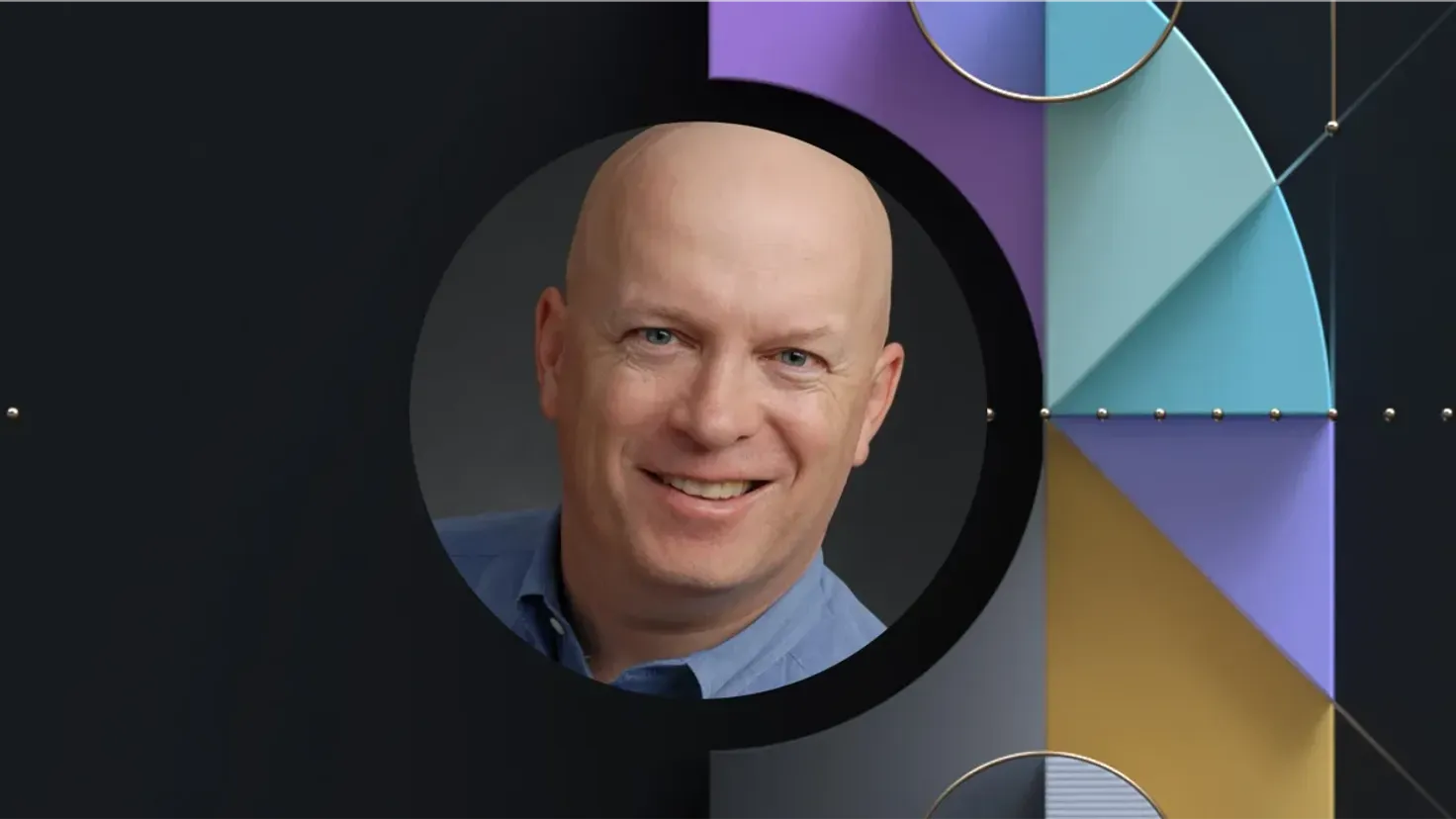In our opinion, it’s okay to toot your own horn from time to time — especially when the momentum is high and the market is hot.
In that spirit, we’re thrilled to announce the addition of Yochai Konig, joining Ada as the VP of Machine Learning. Yochai has over 20 years of experience developing and leading innovative AI technology teams, and joins us on the heels of Ada’s first ever Chief Technology Officer hire.
In a year of incredible company growth — attaining unicorn status in May, with a $130M Series C financing led by Spark Capital — we’re attracting the best and brightest to our roster. And it doesn’t hurt that Ada has become well-renowned for its award-winning culture status, listed as one of LinkedIn’s Top Startups in Canada, ranking 19 on Canada’s Top Growing Companies list, and winning Great Place to Work’s Best Workplaces for Mental Wellness and Best Workplaces for Inclusion .
In fact, was a key differentiator for Yochai. “The themes and actions that made the strongest impressions in the interviewing process at Ada were authenticity, openness, humbleness, and going the extra mile.”
We sat down with Yochai to find out what made Ada the right next move for the AI expert.
Q: Why were you interested in joining the team at Ada, from a people and culture perspective?
A: I felt that they were genuine in describing the challenges, objectives, and successes upfront. Everything was shared with me, in terms of company performance, financing and plans, and I even met a few board members. That was very valuable.
Although Ada has experienced tremendous success, the vibe is that we still have a lot to learn, explore and improve. When the co-founders, Mike and David, flew into San Francisco to meet me it drove home that they are personally committed to going the extra mile to succeed. And if the leaders of a company are doing it, the team usually follows.
Q: For those who don’t work in the world of AI, what does a VP of Machine Learning typically do? And how do you hope to take it to the next level with Ada?
A: One way to describe it is performing research in the context of a problem. Ada’s mission is to automate customer experience (CX) at scale, and the goal of the machine learning team is to support, influence, and enable that.
A VP of Machine Learning needs to recruit a world class team, build the right infrastructure, set the right objectives, and from a deep technical knowledge standpoint, help the team and individual team members achieve their goals.
Ada is in the unique position of having clients with a lot of relevant data, adequate resources, and a drive to lead the automation in conversational AI. My plan is to utilize these advantages by continuously innovating to offer differentiable and impactful solutions to our clients.
Q: Can you tell us a bit more about your career path to machine learning? What brought you to this moment?
A: I was interested in AI from an early age, and how computers can perform human-like actions and reasoning. When I arrived at Berkeley to pursue a PhD in Computer Science in the early 90s, it coincided with an important inflection point in machine learning — of moving from expert systems and rule-based systems into statistical machine learning and neural networks.
Statistical machine learning requires a lot of data, and at the time, speech data specifically for Automatic Speech Recognition (ASR) and Natural Language Processing (NLP) tasks was the main data source. Naturally, I started working on these tasks and many years later, I am still enjoying working on this — now described as conversational AI.
Q: How will your past employment experiences lend a hand to this role?
A: I have worked in a variety of settings: academia, performing research for government agencies, startups, and big companies. In all these settings, the centre of my activity was performing and leading machine learning research.
In the last 20 years, the contact centre and specifically how customers interact with enterprises, has been the commercial target of this research and its applications. I hope that my experiences will help Ada transform the customer experience and enable companies to deliver the kind of personalized customer experience that consumers want.
Q: What do startups experiencing hyper growth in the space of machine learning need to keep in mind?
A: Balancing the short and the long term. Don’t focus only on the existing market requirements, ensure that some capacity goes to serve the changing market needs in 1-2 years. In the same spirit, balance technology-driven innovation with customer and market needs.
Q: What advice or tips do you have for technology leaders in similar fields?
A: Diversity of people and tasks — strive for a team with diverse backgrounds and personalities. Getting different perspectives on challenges and tasks will help innovation of the product. Rotating the people between tasks will enable them to enrich their skillset and bring new perspectives to light. In summary, diversity of opinions drives successful outcomes.


